Nine episodes were provided prior to broadcast.
Still wondering how exactly Donald Trump was voted 45th president of the United States? Look no further than It’s Always Sunny in Philadelphia. The five characters that constitute the ‘Gang’ could all reasonably be considered a cross-section of citizens who backed Trump, casting five key votes that determined the fate of America in the key swing state of Pennsylvania.
Mac (Rob McElhenney), the self-appointed leader of the group, would have triumphed his Christian fundamentalist sympathies; Charlie (Charlie Day), the unhinged ‘wildcard,’ is exactly the kind of vulnerable patriot to be swept up by his ‘make America great again’ rhetoric; Dennis (Glenn Howerton), the gang’s creepy arch-manipulator, would find in the president-elect a kindred spirit with regards to his attitudes towards women; his twin sister Dee (Kaitlin Olson), whose prejudices and snobbery make it hard to believe she wouldn’t have been a part of the 53% of white women to vote red this time round; and finally Frank (Danny Devito), the kind of slimy rich businessman you can imagine schmoozing with The Donald up in Trump Tower. No wonder American politics seems to have morphed into a horribly real episode of Sunny.
For all its emphasis on depraved and gleefully low-brow humour, there has always been a smart satirical underpinning to the show. The Gang’s antics are excessive and little of their behaviour rings true with the real world, but their greed, stupidity, blind hope and go get ‘em attitude make them distinctly American caricatures. It’s a sitcom that works not just because of how funny it is, but because it’s so adept and sending up and indulging in the very worst of America.
“The Gang Gets Black,” the first episode of the show’s twelfth season, is an example of the series at its most explicitly satirical. Trump is namechecked within the first few seconds, but the target of this episode is the double standards of race relations in America, as the Gang, upon being struck by a bolt of lightning, look in a mirror to see five the reflection of five black people staring back at them.
Before long they’re up to their usual no good as they attempt to break into a car, only this time see their behaviour punished as the police have them arrested, imprisoned and eventually shot. It’s a sly take on white privilege and how differently the Gang would be treated if they were black, and also indicative of how much the show has developed into such a sophisticated and imaginative comedy since it addressed race in a much more rudimentary way back in its very first episode “The Gang Gets Racist.”
This outing is also a sign of things to come in the rest of the season, not in its satirical material (Trump goes largely unpilloried), but in its still-bountiful imagination. Not only have the gang temporarily switched race, but they also find themselves uncontrollably breaking into song, in what turns out to be a playful musical homage to The Wiz. Whereas season 11 began with a sequel to one of Sunny’s most beloved episodes, “Chardee MacDennis,” this year’s premiere pulls off an original premise, and sets the tone for a season that eschews the trap of relying on the diminishing returns of too many self-referencing call-backs in favour of new ideas.

“Old Lady House: A Situation Comedy,” for instance, is a borderline avant-garde concept episode where the Gang plant hidden cameras in the apartment shared by Mac and Charlie’s moms, and add a laugh track to make the footage resemble a 90s multi-cam sitcom. The whole thing is a beguiling, difficult to pin down deconstruction of the sitcom format, and serves to highlight the uniqueness of Sunny in the context of the genre as a show that works without having a single character to identify with. Similarly, “Making Dennis Reynolds a Murderer” brings a new form to familiar Sunny tropes by parodying the documentary-style of Netflix’s Making a Murderer, to mine more humour out of the long-running gag hinting at Dennis’s psychopathic tendencies.
These concept episodes help the show remain fresh this late into its run, but a healthy dose of more conventional episodes keep things well-balanced. “Hero or Hate Crime” uses the tried-and-tested dynamic of getting the gang together to argue over some triviality in front of a series of bemused arbitrators, while “The Gang Goes to a Water Park” sticks to the familiar formula of pairing the Gang off to wreak havoc in what is a slight episode with a hilarious denouement.
Another brilliant albeit gruesomely incestuous twist ending rounds off “PTSDee,” one of the standout episodes of the season that doubles down on the individual traumas that at least go some way to explaining the Gang’s behaviour. And when the writers do dredge up old material, as in Wolf Cola: A Public Relations Nightmare, it is as a platform to explore other angles – in this case, the Gang failing to manage a P.R. social media storm when products they invented in previous seasons pick up an unlikely and unwelcome endorsement from Boko Haram.
The season’s high point though is “The Gang Tends Bar,” the ultimate proof that despite now having run for well over one hundred episodes, the team behind Sunny still have plenty of ideas left in them without becoming too gimmicky. At the beginning of the episode, Dennis pleads with the others: “Can we just do the one thing we’ve never tried? Can we just, do our jobs?” Having the Gang for once attempt to commit to doing the one thing they’re supposed to have been doing in each of the previous 131 episodes is ingenious in its simplicity, and exploits one of the show’s best dynamics of an exasperated Dennis attempting in vain to keep in check the others’ worst instincts.
He fails of course, and soon enough they’re scaring off all the customers again with threats of such bizarre things as anthrax and tapeworms. To borrow the rhetoric of the president-elect, all Dennis wanted was to make the Gang great again, to rediscover a lost time before they descended into the awful rabble we recognize today. His loss is our gain though, and It’s Always Sunny remains as fine a satire of the worst of American culture, and as side-splittingly great a show to watch as ever.


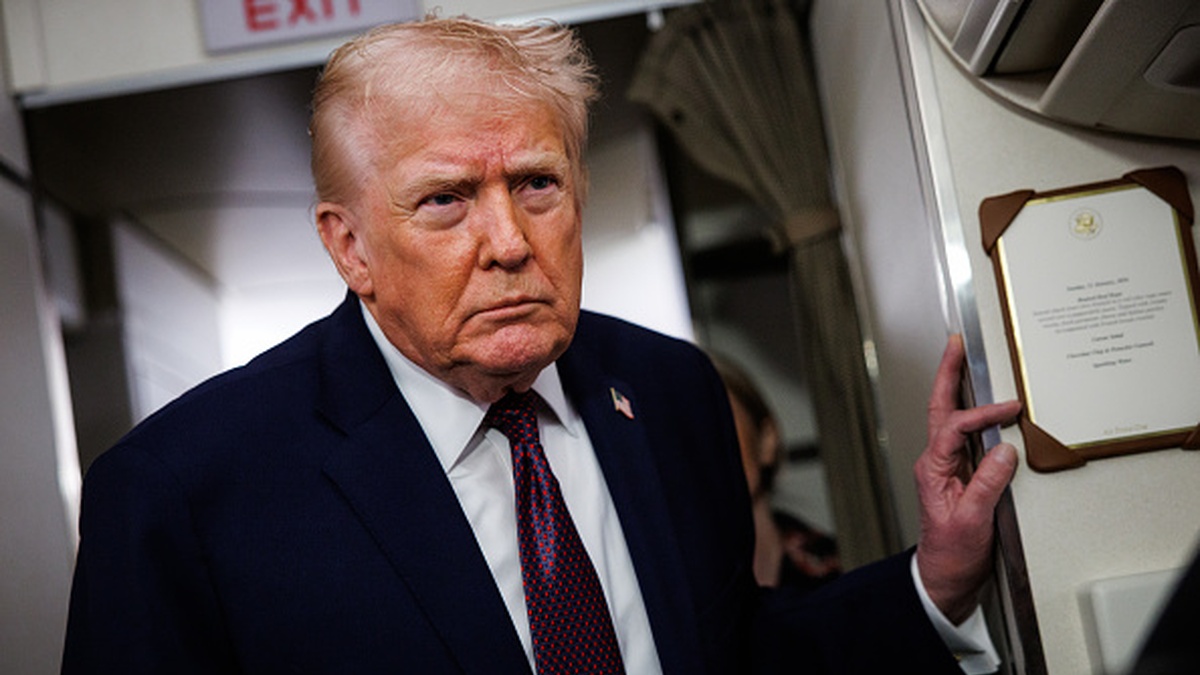
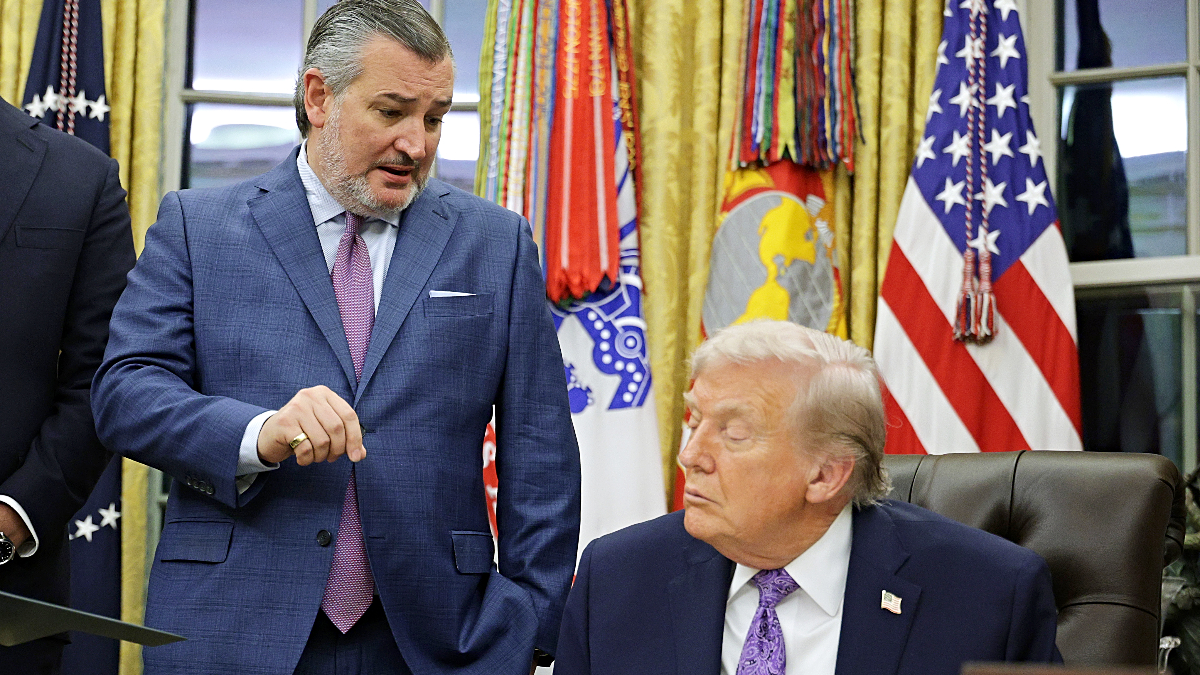
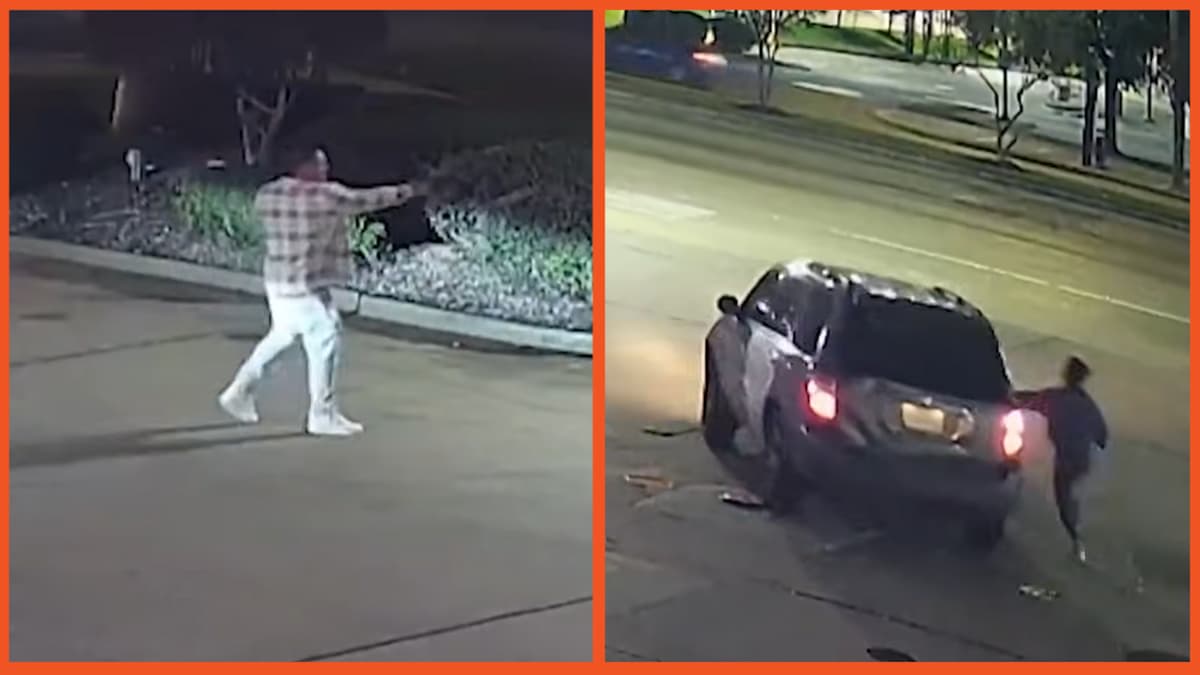
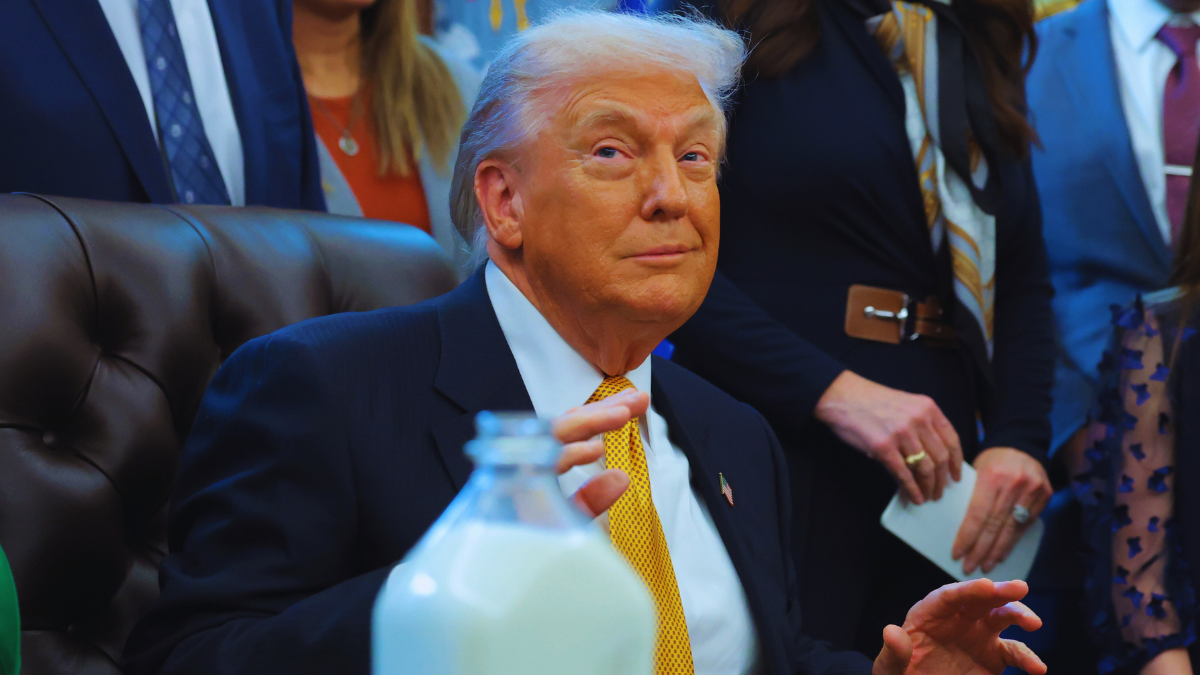
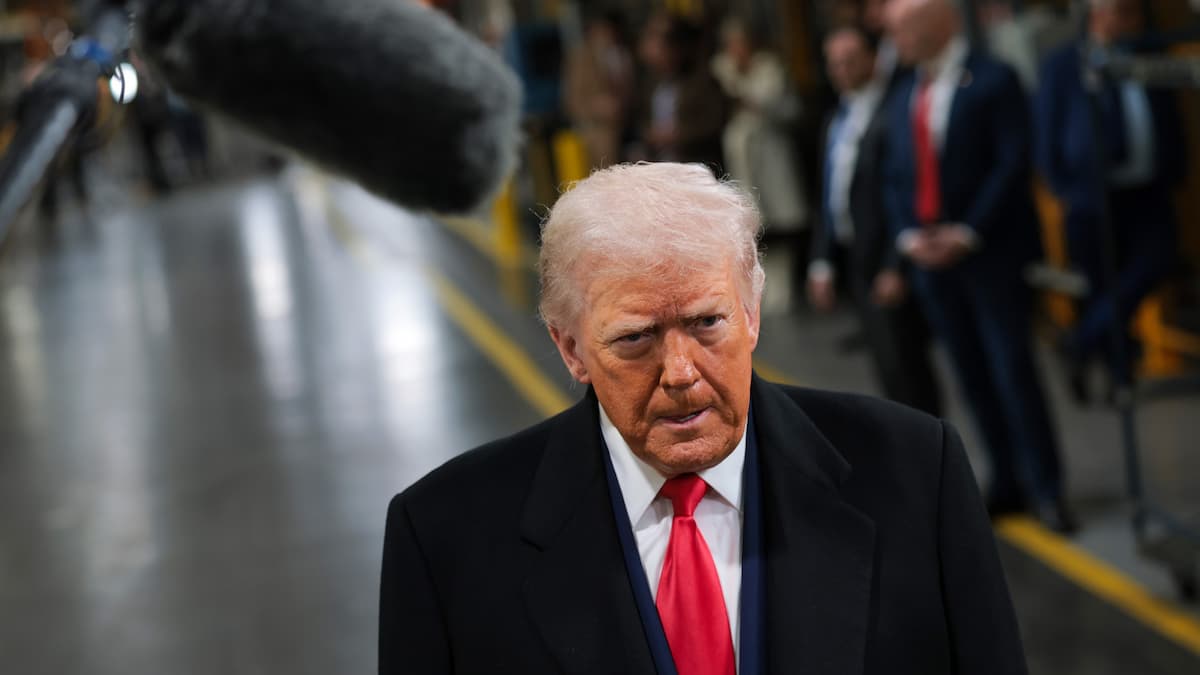
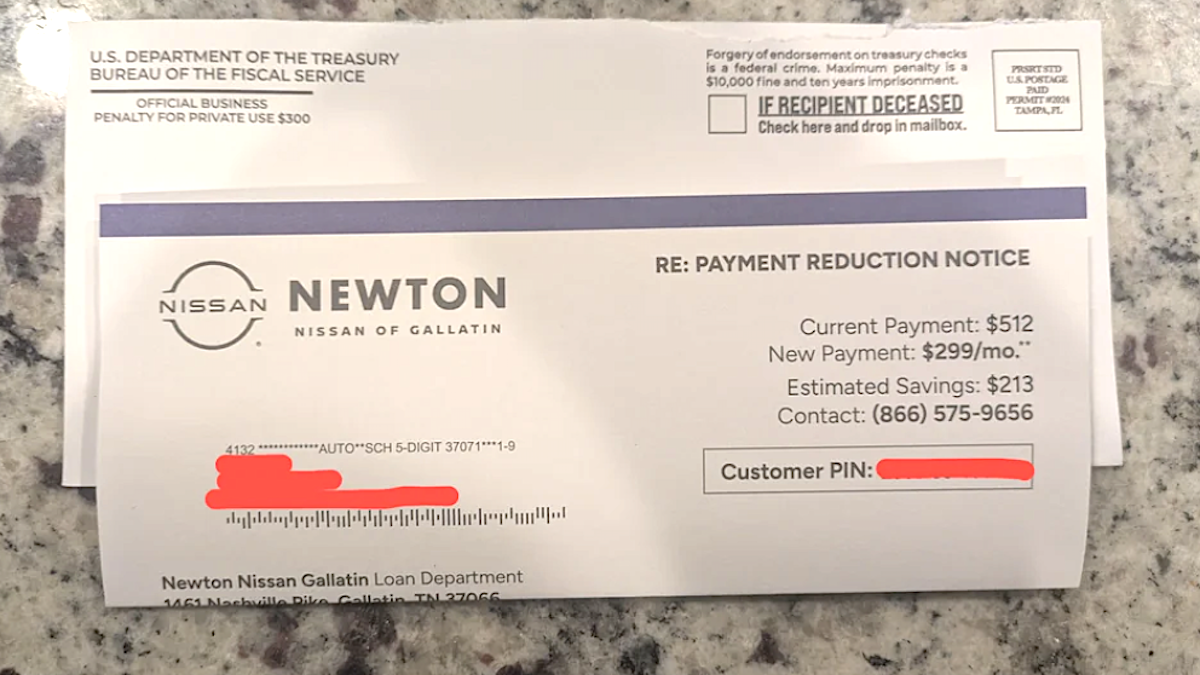
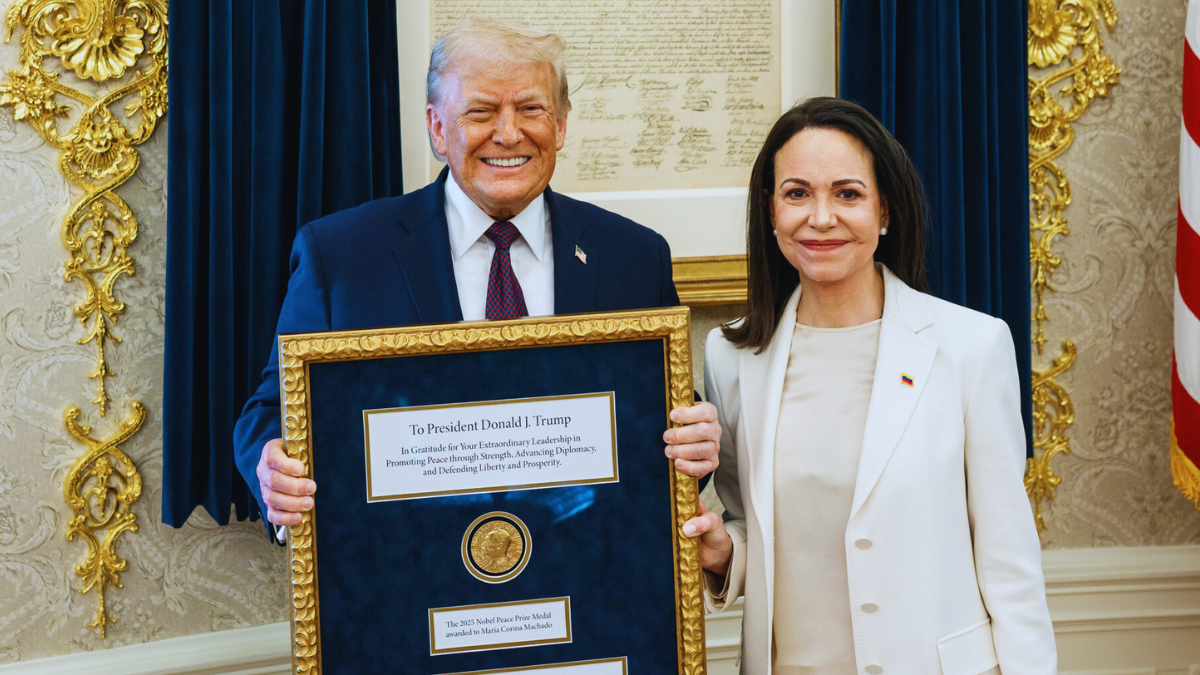
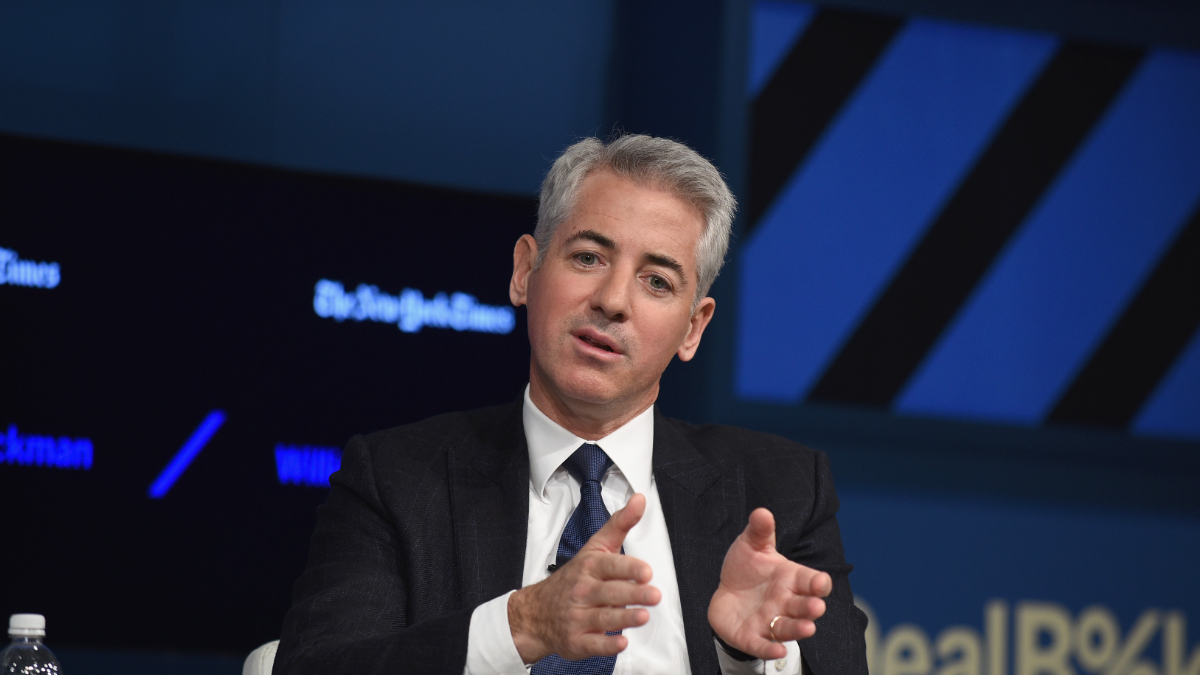
Published: Jan 5, 2017 08:23 pm